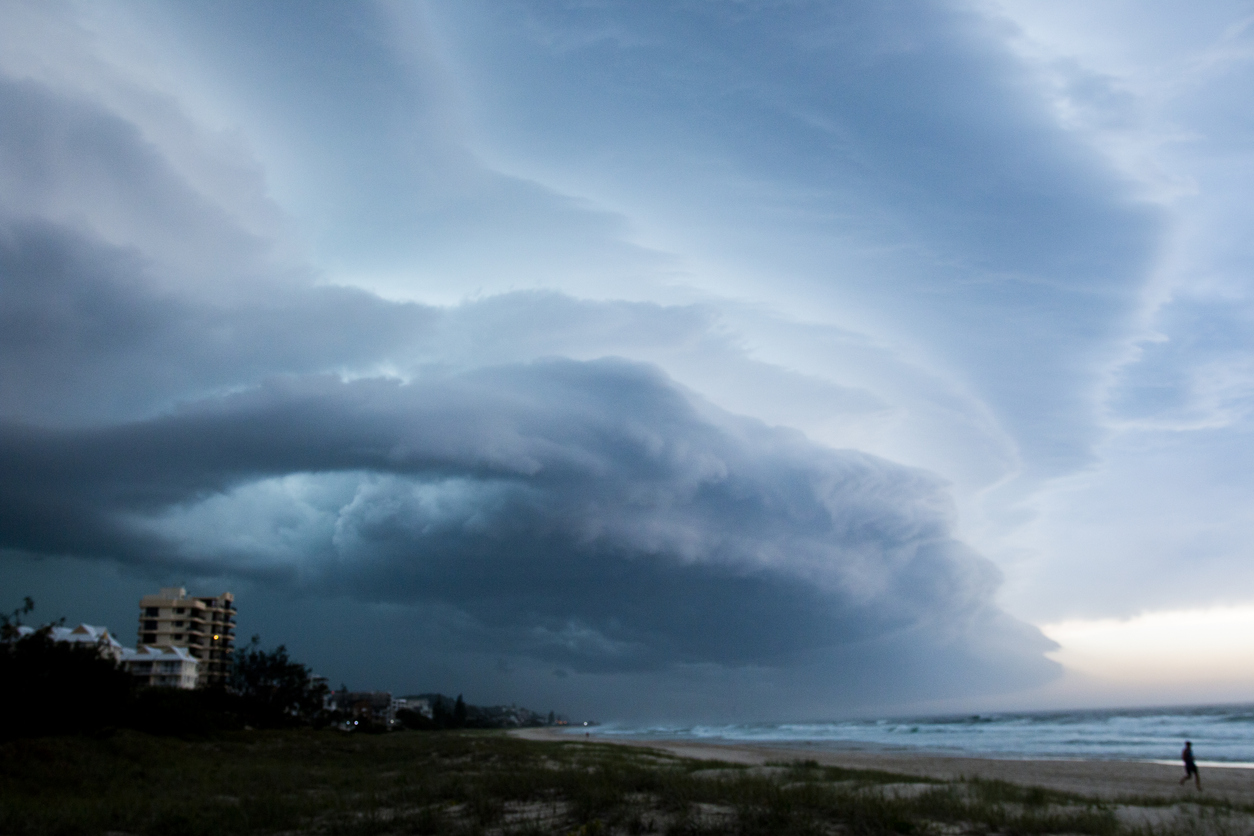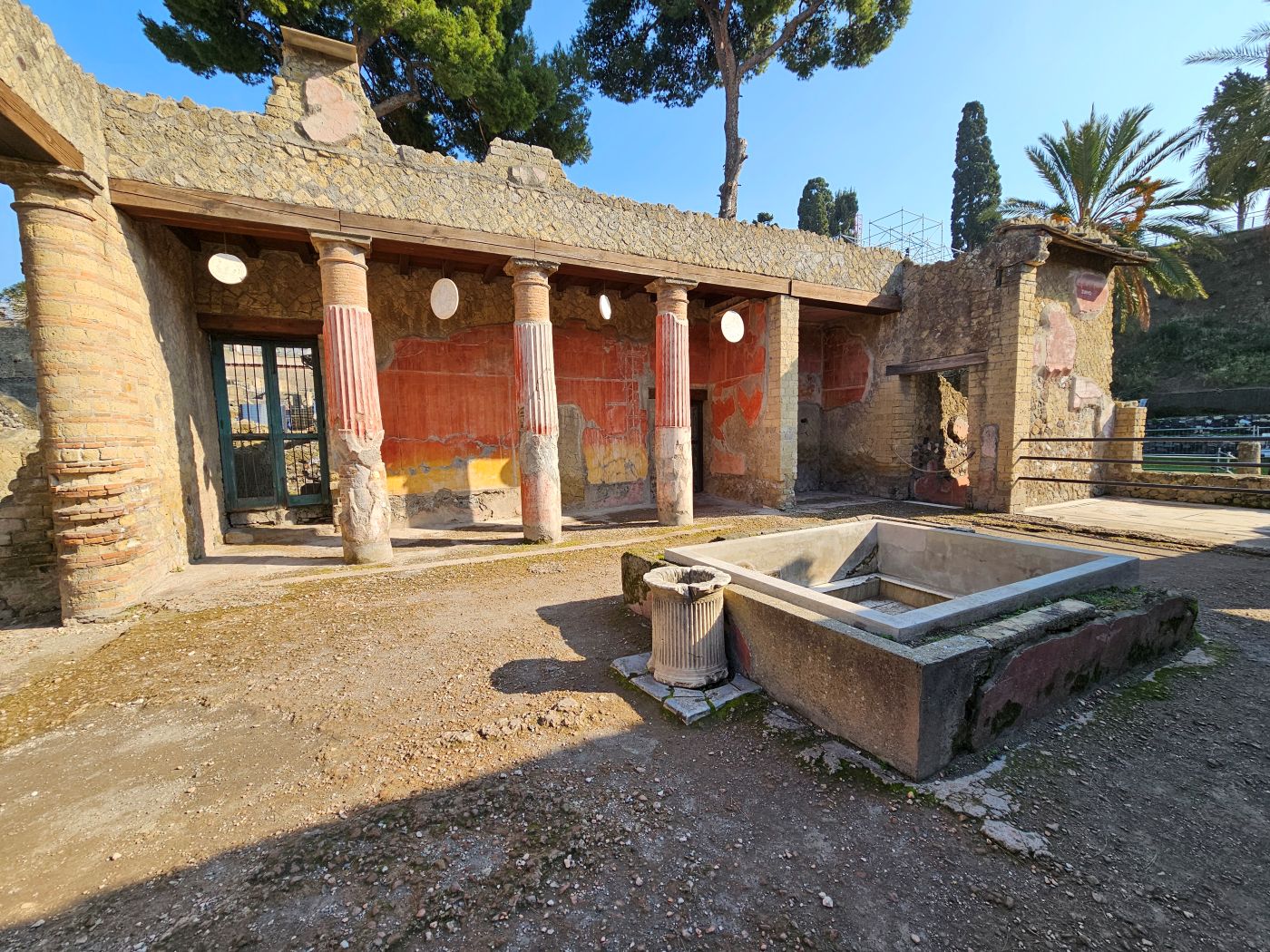
Russian President Vladimir Putin arrived in Minsk on Monday for a meeting with his Belarusian counterpart, Alexander Lukashenko, in what is his first visit to the country in three years, a trip in which he expects to address issues relating to bilateral relations and the invasion of Ukraine.
Lukashenko received Putin at the airport, where the Russian leader received bread and salt as part of a welcoming tradition in the European country, the Russian news agency TASS reported. After that, both went together to the Palace of Independence, where the meetings will take place, as reported by the Belarusian news agency BelTA.
According to this agency, a first meeting is scheduled to be held with the participation of several ministers from both countries, after which the presidents will hold a face-to-face meeting. Afterwards, both will appear before the press to make statements.
Thus, the agenda includes items related to trade and economic cooperation, as well as issues on the energy sector and security, which is expected to focus on the conflict in Ukraine. Belarus, an ally of Moscow, has allowed the deployment of military personnel on its territory to support the offensive.
Prior to Putin’s arrival, Russian Foreign Minister Sergei Lavrov had gone to Minsk for a meeting with his Belarusian counterpart, Sergei Aleinik, recently appointed to the post after the sudden death of his predecessor, Vladimir Makei.
The Belarusian Foreign Ministry has detailed that «specific issues» were discussed during the meeting, including «efforts to deal with the illegal sanctions imposed by the West», as well as matters relating to «economic and trade cooperation». Kremlin spokesman Dmitry Peskov had anticipated that the meetings would address «the whole palette of bilateral relations».
Putin ordered the start of the invasion of Ukraine days after recognizing the independence of the self-proclaimed republics of Donetsk and Lugansk, located in the Donbas region (east) and the scene of a conflict since 2014. Moscow announced in September the annexation of these regions and those of Kherson and Zaporiyia, partially occupied in the framework of the conflict.
Source: (EUROPA PRESS)






